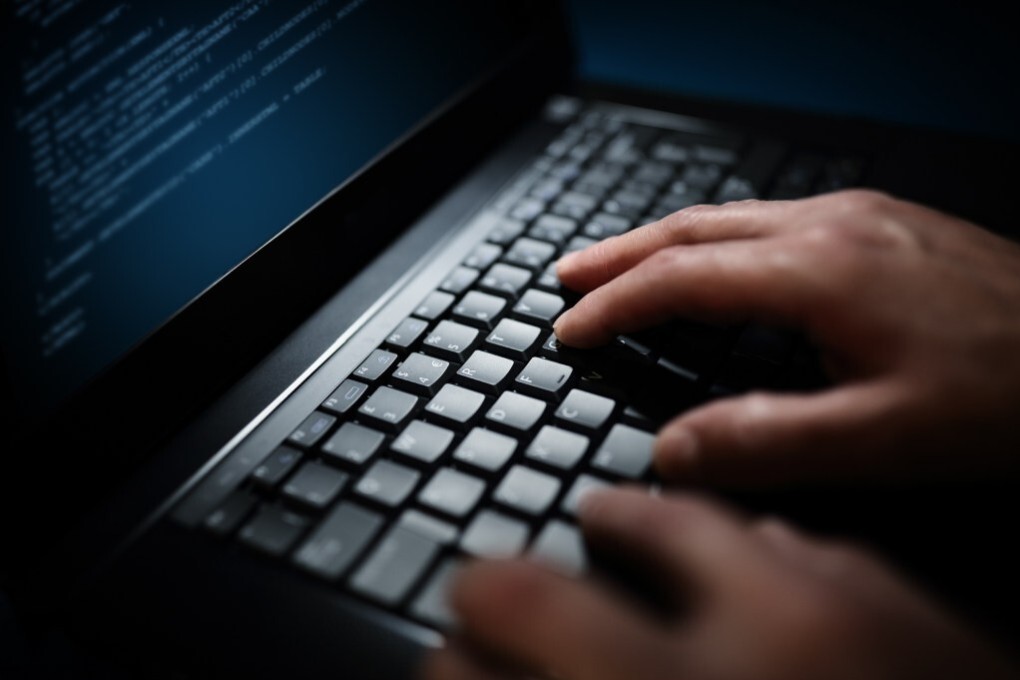US charges 5 Chinese nationals, 2 Malaysians in hacking of more than 100 targets
- The targets included telecommunications companies, universities, think tanks, and pro-democracy activists in Hong Kong, says US Justice Department
- The Malaysian nationals were arrested by Malaysian authorities on Monday

The US Department of Justice announced charges against five Chinese and two Malaysian nationals on Wednesday in the hacking of more than 100 targets in the US and elsewhere, including telecommunications companies, universities, think tanks and pro-democracy activists and politicians in Hong Kong.
The Malaysian nationals were arrested by Malaysian authorities on Monday. The Justice Department says the Chinese nationals are now at large in China.
“The department of Justice has used every tool available to disrupt the illegal computer intrusions and cyberattacks by these Chinese citizens,” Deputy Attorney General Jeffrey A. Rosen said in a statement.
“Regrettably, the Chinese Communist Party has chosen a different path of making China safe for cybercriminals so long as they attack computers outside China and steal intellectual property helpful to China.”
The Justice Department said that one of the Chinese nationals had boasted he was protected by China’s Ministry of State Security.